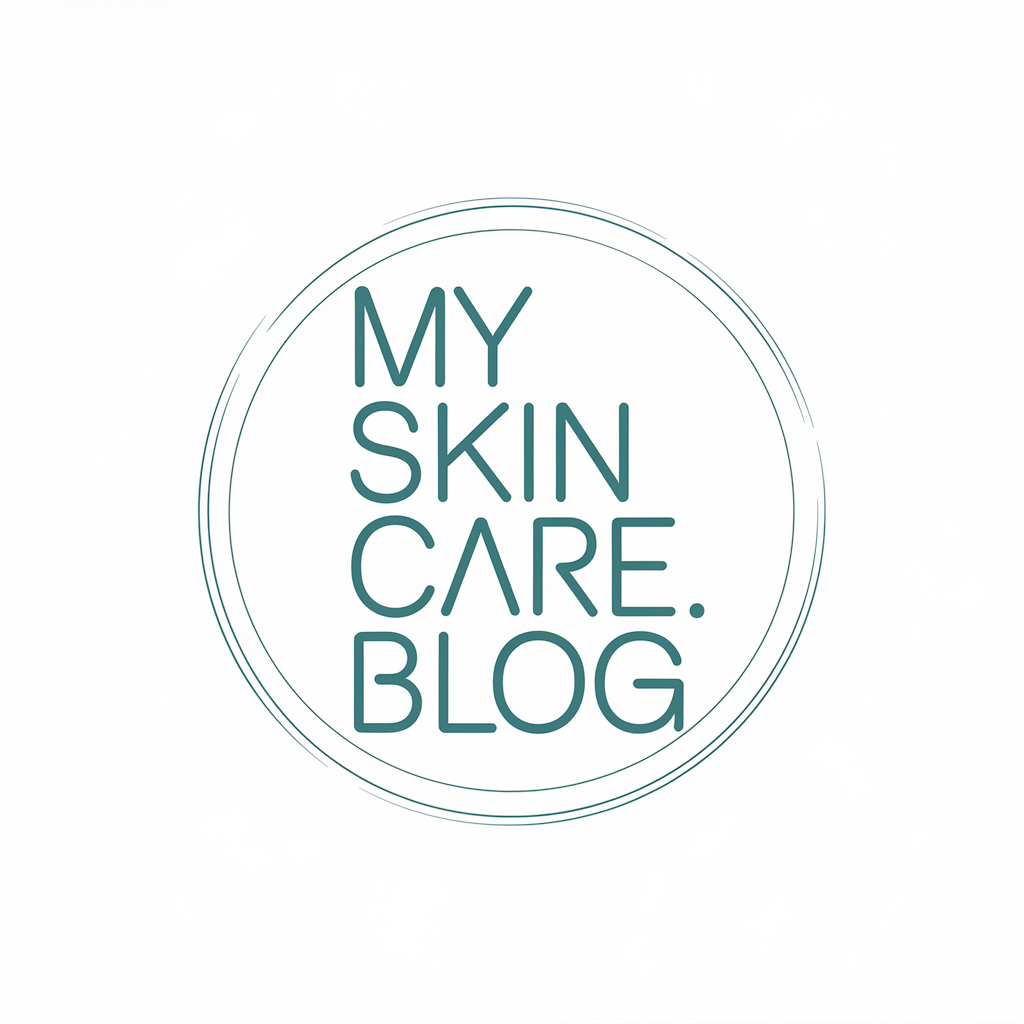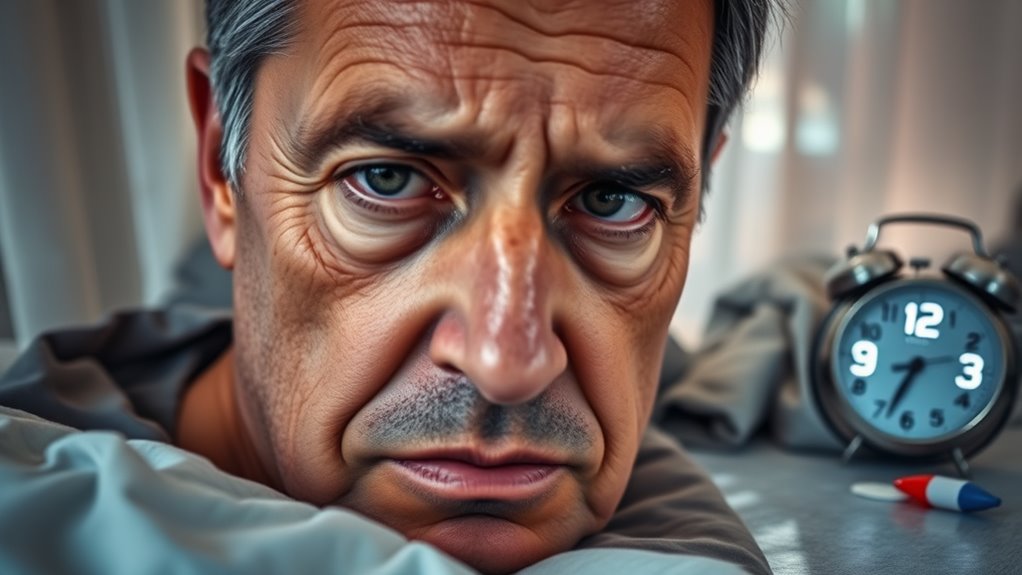Are You Aging Faster Because of Bad Sleep. Here’s the Truth!
Are you noticing more fine lines and dullness in your skin? It might not just be the inevitable effects of aging. Poor sleep can play a significant role in how your skin ages, affecting everything from collagen production to stress hormone levels. Understanding this connection is crucial if you want to maintain a youthful appearance. So, what exactly happens to your skin when you skimp on sleep? Let’s explore the science behind it.
The Science Behind Sleep and Skin Aging
While you sleep, your body undergoes crucial processes that affect your skin’s health and appearance. During those restful hours, your skin repairs itself, generating new cells and boosting collagen production. This is when your body fights off free radicals, helping to keep your skin looking youthful and vibrant.
If you’re part of a community that values healthy skin, you’ll appreciate how essential quality sleep is for maintaining that glow.
Adequate sleep also regulates hormone levels, which can prevent breakouts and reduce inflammation. When you prioritize sleep, you’re not just resting; you’re actively investing in your skin’s health.
According to research, poor sleep patterns can significantly accelerate signs of aging, making it even more critical to prioritize your rest.
You’ll notice fewer fine lines and a more even complexion, making you feel more connected and confident among your peers. So, embrace the power of sleep—it’s a vital part of your skincare routine that can help you age gracefully and feel like you truly belong.
How Poor Sleep Affects Your Skin Health
Poor sleep can wreak havoc on your skin health, often leading to noticeable changes in its appearance.
When you skimp on rest, you might see:
-
Dull complexions – Your skin lacks the natural glow, making you look tired and older.
-
Dark circles – Those pesky bags under your eyes can become more pronounced, giving you a worn-out look.
-
Increased breakouts – Sleep deprivation can trigger stress hormones, leading to more acne and blemishes.
-
Fine lines – Lack of restorative sleep can accelerate aging, resulting in premature wrinkles.
Research shows that sleep deprivation can also compromise skin barrier function, making your skin more susceptible to irritation and damage.
We all want to feel confident in our skin, and good sleep is a key player in achieving that.
Prioritizing restful nights can help you reclaim that youthful vibrancy, making you feel more connected to yourself and others.
The Biological Mechanisms Linking Sleep Quality and Aging
Sleep quality significantly influences the aging process, as your body relies on restorative sleep to repair and rejuvenate itself. During deep sleep, your body produces growth hormones that help with cell repair. Poor sleep disrupts this process, leading to increased inflammation and accelerated aging.
Here’s a quick look at how sleep impacts your biology:
| Mechanism | Effect of Poor Sleep | Resulting Impact |
|---|---|---|
| Hormone Regulation | Decreased growth hormone levels | Slower repair processes |
| Inflammation | Increased inflammatory markers | Premature aging signs |
| Immune Function | Weakened immune response | Greater disease risk |
| Stress Hormones | Elevated cortisol levels | More visible stress effects |
Tips for Improving Sleep and Enhancing Skin Appearance
Improving your sleep can significantly enhance your skin’s appearance, as quality rest allows your body to repair and regenerate.
When you prioritize sleep, you’re investing in more than just rest; you’re nurturing your skin. Here are some tips to help you catch those essential Z’s:
-
Create a Cozy Sleep Environment****: Dim the lights, keep the room cool, and invest in comfy bedding.
-
Establish a Bedtime Routine****: Wind down with calming activities like reading or gentle stretching to signal your body it’s time to rest.
-
Limit Screen Time Before Bed: Reduce blue light exposure by avoiding screens at least an hour before sleep.
-
Stay Hydrated, But Not Overly: Drink enough water during the day, but limit fluids right before bedtime to prevent nighttime trips to the bathroom.
Additionally, consider incorporating overnight solutions into your routine, as they can help combat stress-related skin issues while you sleep.
Real-Life Impacts: Stories of Sleep and Skin Health
While many underestimate the connection between rest and skin health, personal stories often reveal a deeper truth.
You might remember a time when you pulled an all-nighter, and the next day, your skin seemed dull and lifeless. Or perhaps a friend shared how their recent struggles with sleep led to breakouts and dark circles. These experiences aren’t isolated; they resonate with many of us.
When Sarah finally prioritized her sleep, she noticed a remarkable change. Her complexion brightened, and fine lines softened.
John, on the other hand, found that his skin flared up during stressful weeks full of sleepless nights. This was likely due to the way psychological stress triggers hormonal changes that can exacerbate skin issues.
These stories highlight a vital bond between rest and appearance. They remind us that we’re not alone in our struggles.





